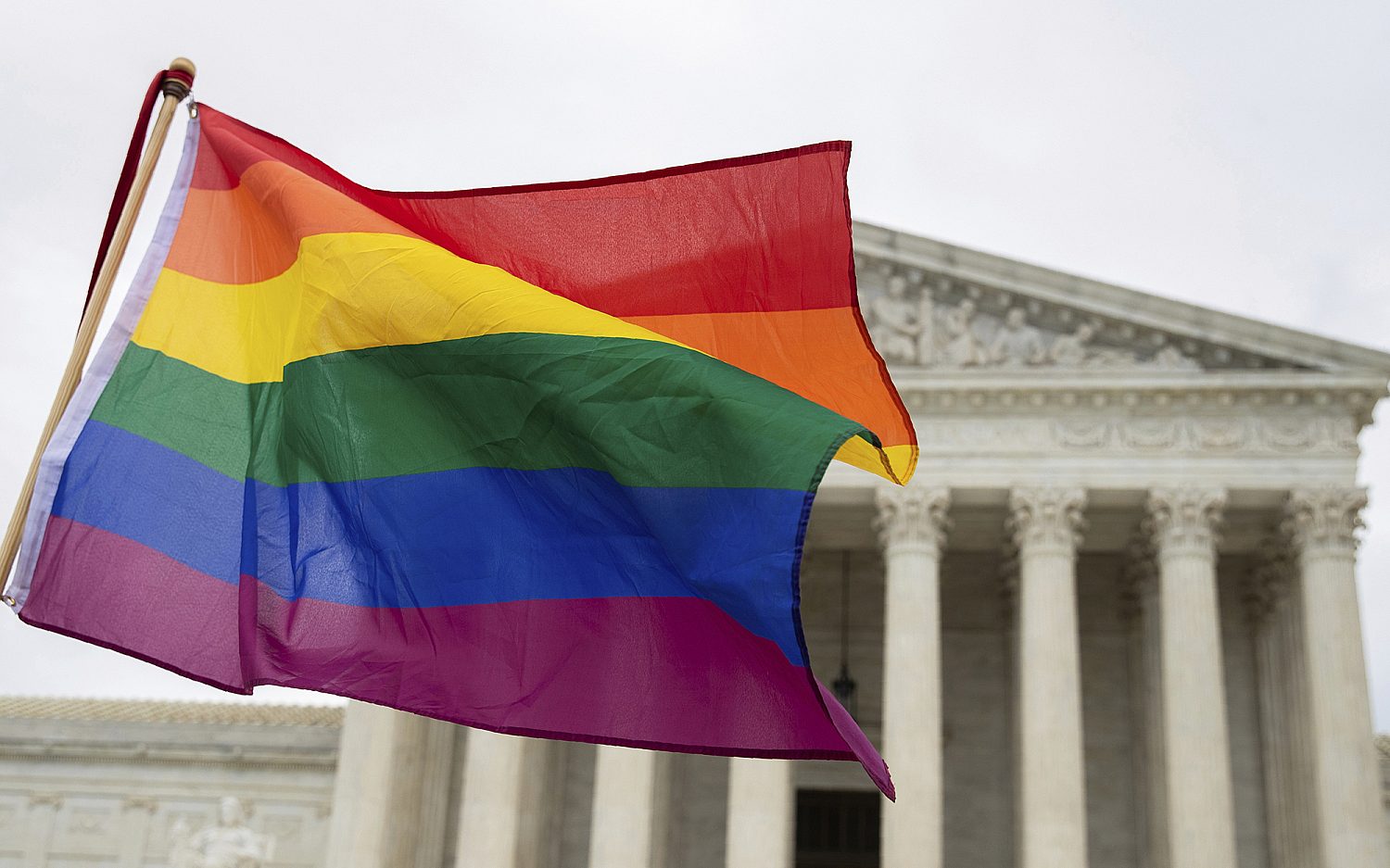Spilling over
Executives from the companies involved in the Gulf oil spill blame each other before Congress
When executives from three major companies involved in the Gulf of Mexico oil spill faced a congressional committee on Tuesday, Sen. Robert Menendez, D-N.J., couldn't resist underscoring the historical significance of the Capitol Hill setting: The hearings unfolded in the same room congressmen used to conduct hearings on the sinking of the RMS Titanic in 1912.
Nearly a century later, the death toll is lower, but the disaster is massive and likely far-reaching: The April 20 oil rig explosion killed 11 people, and the sunken rig gushes some 210,000 gallons of oil into the Gulf of Mexico waters each day, despite frantic attempts to staunch the flow. Menendez noted that the Titanic was "a boat so technologically advanced it could not sink," adding that the Deepwater Horizon rig was supposed to be "a rig so technologically advanced it could not spill."
Most historians blame Capt. Edward Smith for the Titanic's sinking, but the three executives that faced Congress on Tuesday weren't ready to become the chief offender of the Gulf Coast disaster. Instead, they blamed each other.
British Petroleum (BP) executives-who leased the oil rig for some $450,000 a day-blamed Transocean Ltd., the rig's owner. Lamar McKay, chairman of BP America, said the rig's 450-ton blowout protector failed to shut off the oil flow on the ocean floor. Transocean CEO Steven Newman blamed BP and Halliburton, a sub-contractor working on the rig. Newman said Halliburton workers filled the well pipe with seawater before installing a final cement cap, a process that could have caused problems. Halliburton executives said they followed orders from BP.
Sen. Lisa Murkowski, R-Alaska, told the men, "I would suggest to all three of you that we are all in this together, because this incident will have impact on developing our energy policy for this country."
The impact has already begun: President Obama called for a temporary ban on new off-shore drilling projects, and environmental groups used the disaster as ammunition to lobby for a permanent ban. The Sierra Club's website flatly declared, "There is no safe way to drill our coasts." The group warned that wild birds and dolphins were struggling to survive in the Gulf Coast after the spill.
While some animals do struggle, so do many people. At the height of a spring season that many fishermen depend on for their livelihoods, officials closed more waters for commercial and recreational fishing. It's a particularly tough blow after an unusually cold winter made winter fishing unprofitable for many.
Many of those fishermen hope BP will hire them and their crews to help with the cleanup: The company is holding community meetings to explain the process for applying for recovery work, but the executives make no guarantees about how many people they will hire or when they will hire them.
For now, workers continue to wait for the fallout: By Tuesday afternoon, according to The Associated Press, a handful of vessels near the disaster site sat idle. The captains were waiting for further instructions.
An actual newsletter worth subscribing to instead of just a collection of links. —Adam
Sign up to receive The Sift email newsletter each weekday morning for the latest headlines from WORLD’s breaking news team.





Please wait while we load the latest comments...
Comments
Please register, subscribe, or log in to comment on this article.